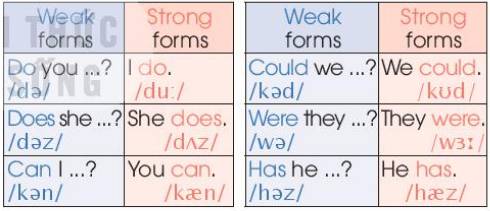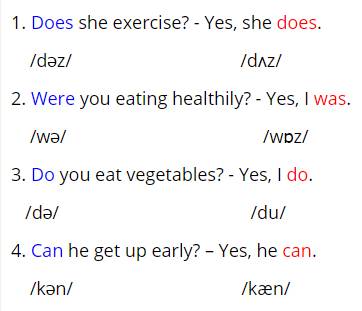Listen and complete the conversation. Then underline the weak forms of the auxiliary verbs, circle the contracted forms, and mark the consonant-to-vowel linking with (‿). Practise saying the conversation in pairs.
A: What's it like living (1) _________ skyscraper?
B: (2) __________ great. I (3) __________ enjoy the best views (4) ___________ the city from my sofa.
A: (5) __________ have a balcony?
B: No, (6) ___________. (7) ___________ huge windows.
Example:






(1): in a
(2): It is
(3): can
(4): of
(5): Do you
(6): I don't
(7): But I have